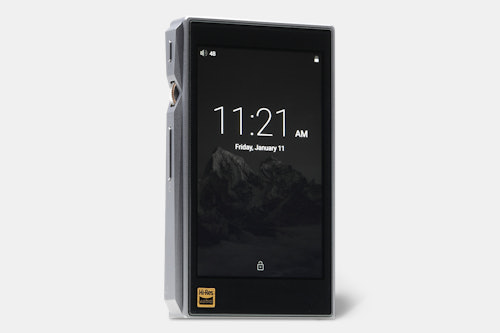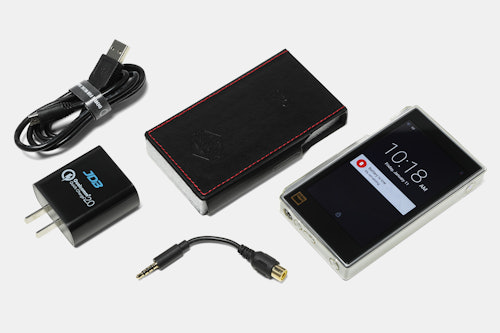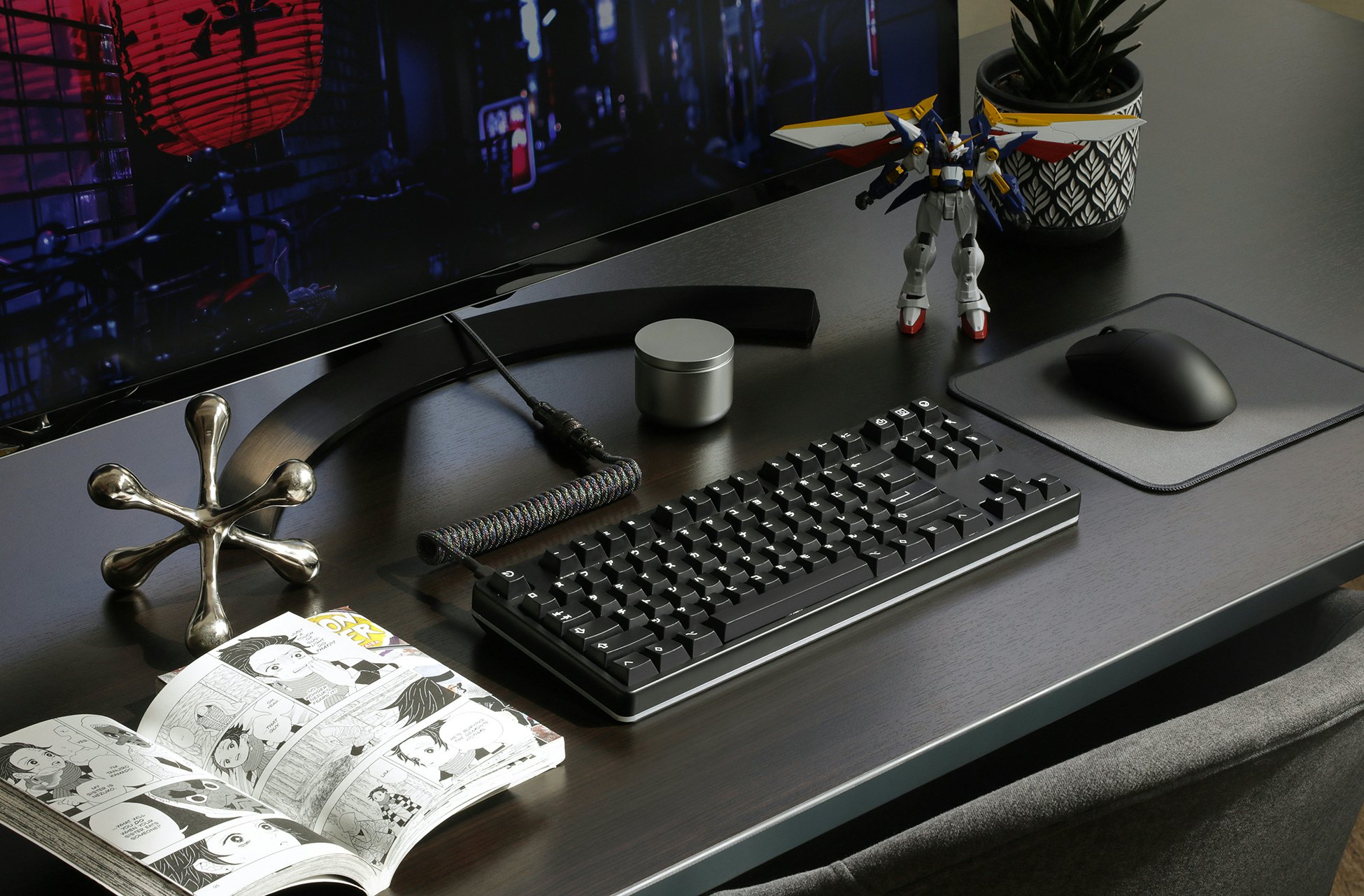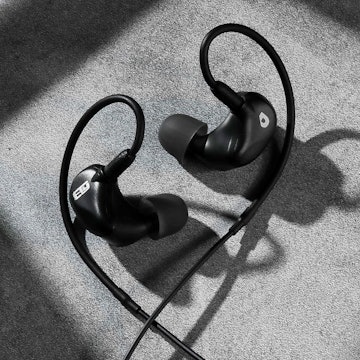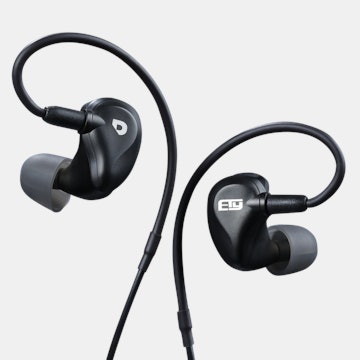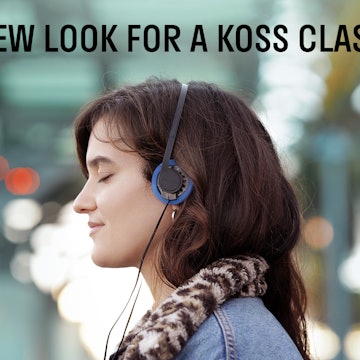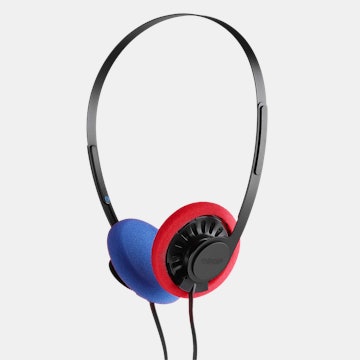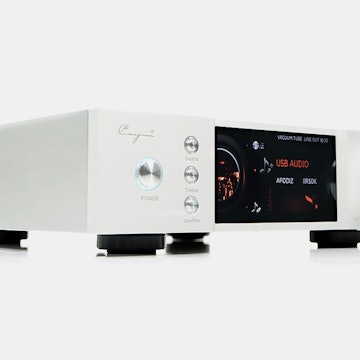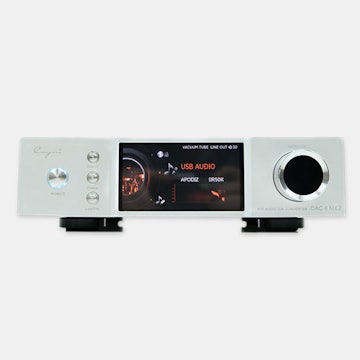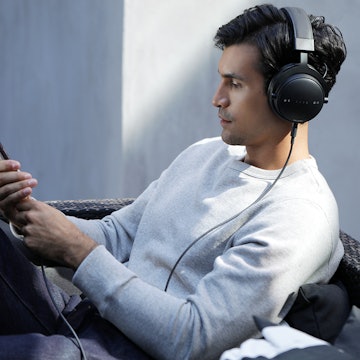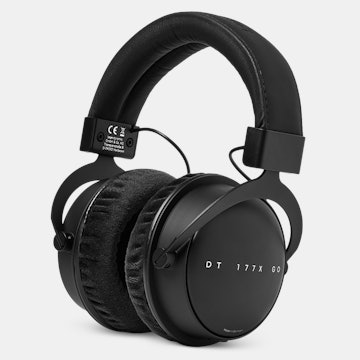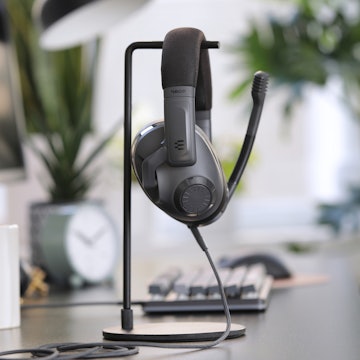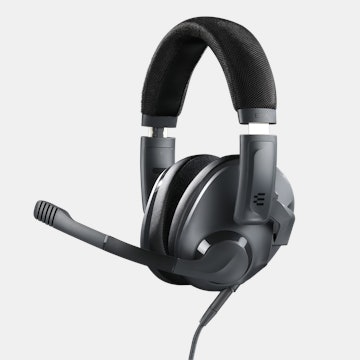FiiO X5s Digital Audio Player
Cutting-Edge Audio With More Memory
Store more songs than ever before and listen in high resolution with the new FiiO X5s. Identical to FiiO’s highly-regarded X5 III in every respect except internal memory, the X5s packs an impressive 64 gigabytes of onboard memory—double that of the X5 III. Equipped with two AKM AK4490EN DACs for cutting-edge digital-to-audio conversion, two dual-channel OPA1642 chips for low-pass filtering, and an audiophile-grade OPA426 chip for better amplification and power output (300mW under a 32 ohm load), the X5s cuts no corners on audio quality. Enjoy lighting-fast performance and great battery life with an onboard Android 5.1 operating system, and connect in more ways with 2.4 GHz Wi-Fi, DLNA connectivity, and low-latency Bluetooth 4.0 aptX.
Note: At checkout, choose black, gray, or red.
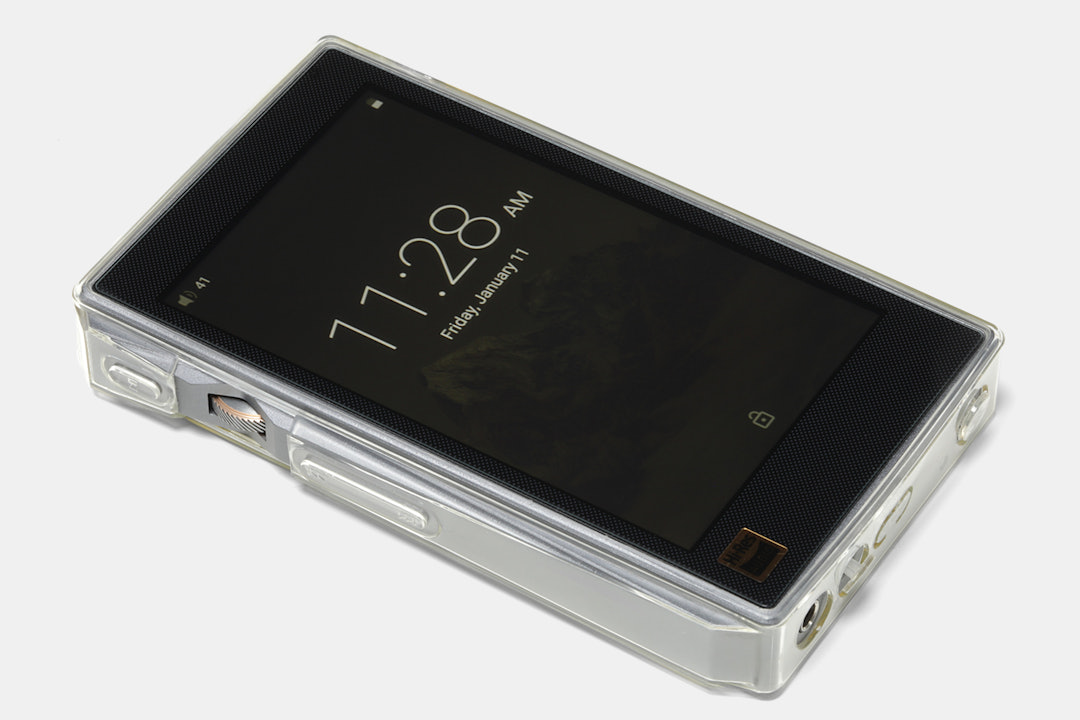
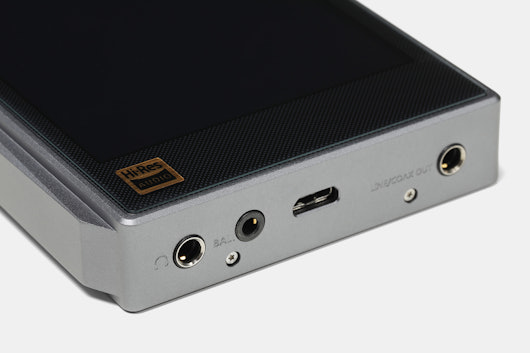
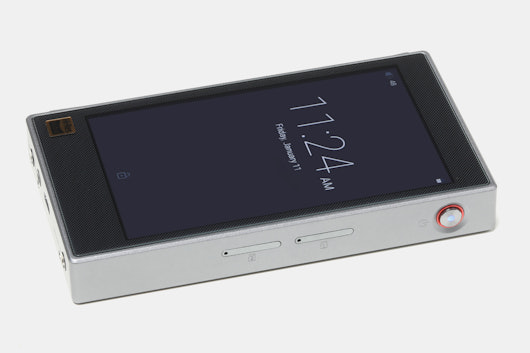
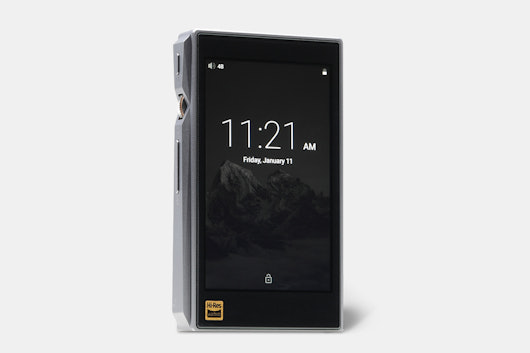
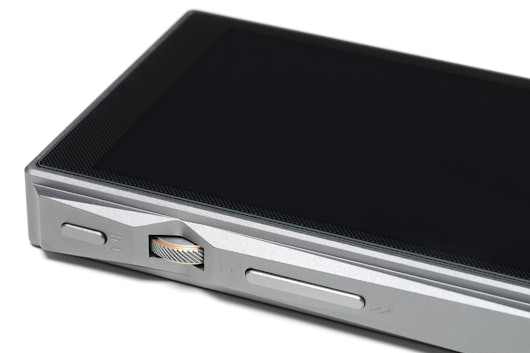
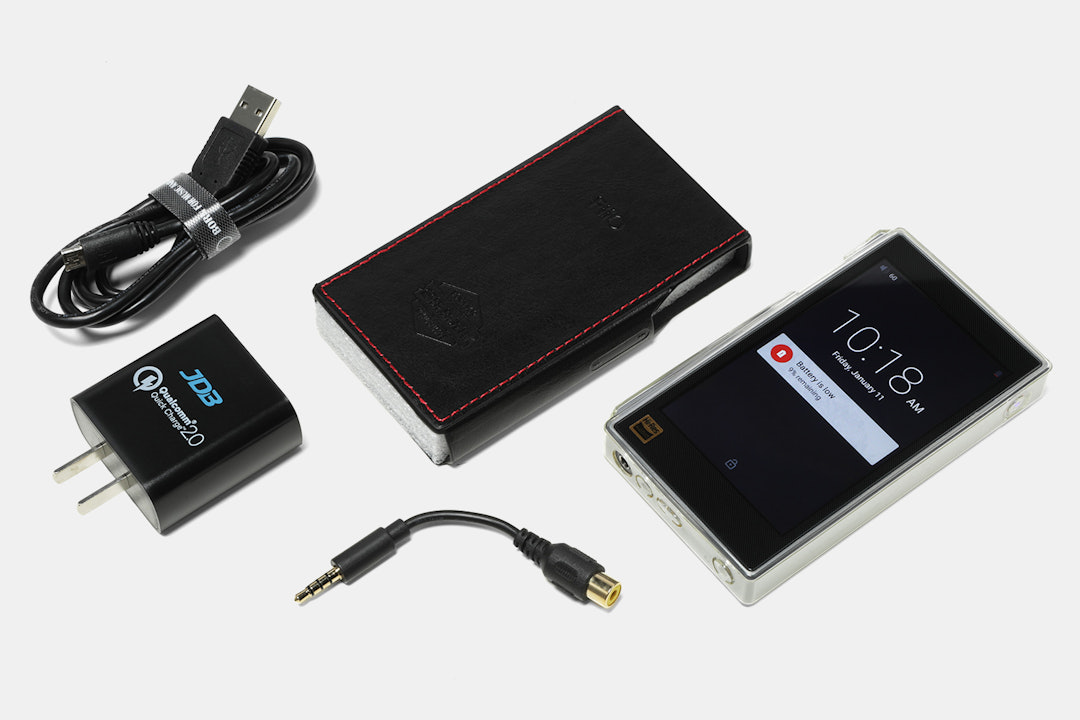
Specs
- DAC chips: (2) AKM AK4490EN
- System on Chip (SoC): Rockchip RK3188 Quad Core Cortex A9 processor
- RAM: 1GB
- Amplifier low-pass filter: OPA1612
- Op-amps: (2) customized OPA426
- Output power (single-ended): ≥250 mW (32 ohms / THD+N<1%)
- Output power (balanced): ≥240 mW (32 ohms / THD+N<1%)
- Output impedance (single-ended): <1Ω (32 ohms loaded)
- Output impedance (balanced): <3Ω (32 ohms loaded)
- Recommended headphone impedance: 6–150 ohms
- Total Harmonic Distortion + N (THD+N): <0.0009% (1 kHz/10k ohms, line out), <0.003% (1 kHz, headphones)
- Signal to Noise Ratio: 120dB (line out); ≥115 dB (A-weighted, SE headphones); ≥111 dB (A-weighted, balanced headphone)
- Frequency response: 5 Hz~55 kHz (-3dB)
- Single-ended (headphone) channel separation: >73 dB (1 kHz)
- Balanced and line-out channel separation: ≥98 dB (1 kHz)
- Outputs: 3.5mm headphone out, 2.5mm (balanced) headphone out, 3.5mm line-out with coaxial digital adaptor
- Internal storage: 64GB
- Expandable storage: 2 microSD slots (512GB)
- Display: 3.97 in (10.08 cm) IPS panel (480 x 800)
- Battery: <10 hours, 3400 mAh
- Charge modes: Quick Charge, and Standard
- Wi-Fi: 2.4Ghz
- Bluetooth: Bluetooth 4.0 aptX low-latency
- Format support: PCM 44.1-352.8kHz (16, 24, 32 bit); DSD64-DSD128 (single to double DSD; iso, dsf, and dff); APE; MP3; ALAC; AAC; OGG, WAV, WMA, AIFF, ALAC
- Dimensions: 4.5 x 2.6 x 0.6 in (114.2 x 66.2 x 14.8 mm)
- Weight: 6.6 oz (187 g)
Included
- Black leatherette case
- Clear TPU case
- USB cable
- Tempered glass screen protector (installed)
- Coaxial digital adaptor
- Quick-start guide
Shipping
Estimated ship date is Oct 31, 2019 PT.
Payment will be collected at checkout. After this product run ends, orders will be submitted to the vendor up front, making all orders final.
